Research
Unisan elected as first black president of CRIMSA
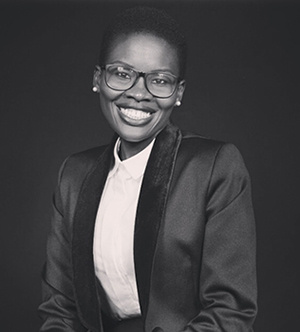
Dr Mahlogonolo Thobane
Dr Mahlogonolo Thobane, a senior lecturer in Unisa’s College of Law, has been elected as the first black president of the Criminological Society of South Africa (CRIMSA). She will serve a three-year term as the president of CRIMSA, which is a locally and internationally recognised, inter-disciplinary professional society, promoting theoretical and applied criminology and related disciplines in Africa and further afield.
In her acceptance speech, Thobane indicated that she viewed her appointment as an opportunity to shape and shift mainstream criminology ideologies that have pushed the African voice and "ways of knowing" to the periphery while centring voices and knowledge from the Global North.
She said that during her tenure, she would ensure that the society transforms in its most authentic sense. She expressed her gratitude to the CRIMSA members for the confidence they had placed in her to lead them on the journey towards attaining transformation.
She emphasised that as the president of a diverse and interdisciplinary society, she would continue to grow African leadership and African scholarship that works towards a common goal.
"The appointment of Dr Thobane as CRIMSA president is the historical milestone that illustrates transformation and contributes towards building an inclusive society where every member enjoys equal participation within the discipline," said Prof Puleng LenkaBula, Unisa Principal and Vice-Chancellor.
CRIMSA was founded by Prof Beaty Naudé who worked for the Department of Criminology (now Criminology and Security Science) at Unisa. In 1987, she took the bold step of establishing a South African criminology society. The CRIMSA constitution was adopted, the first council was elected and Naudé was voted in as the first president of the society.
The aims of CRIMSA are as follows:
- To promote, coordinate and apply the criminological sciences (criminology, victimology and applied criminal justice studies in particular, but also any academic discipline focusing on crime and victimisation, conflict, deviance, abuse of power and reaction to crime and other crime-related phenomena in the broad criminological sciences and applied criminal justice fields) through study and academic interaction, research and community service.
- To co-operate with interested local, regional and international institutions.
- To seek affiliated and/or associate membership of regional, continental and international societies/associations serving the broad criminological sciences.
- To create mediums for the publishing of, among other things, research results.
- To promote and stimulate the academic interests of its members.
- To inform the community about crime-related phenomena, criminal victimisation and reaction to crime.
- To contribute to the broader transformation of society through equity and to endorse those values enshrined in the South African Constitution and the Bill of Rights.
* Submitted by Ngwako Mokgotho, Communication and Marketing Specialist, College of Law
Malibongwe igama lamaKhosikazi
Criminals, muti, sangomas, and cops
Publish date: 2021-03-11 00:00:00.0

 Seven Unisans nominated for the NSTF-South32 Awards 2023/2024
Seven Unisans nominated for the NSTF-South32 Awards 2023/2024
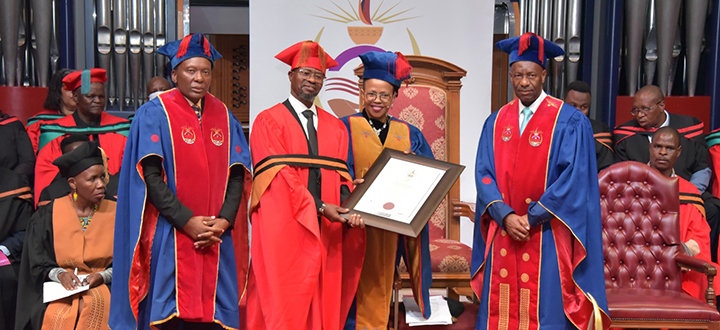 Unisa awards posthumous honorary doctorate to literary maven, OK Matsepe
Unisa awards posthumous honorary doctorate to literary maven, OK Matsepe
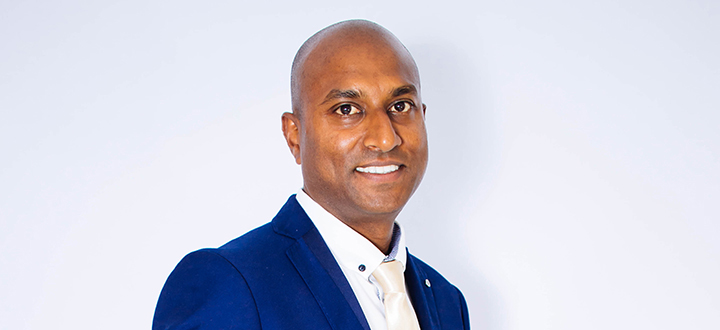 From humble beginnings to academic leadership
From humble beginnings to academic leadership
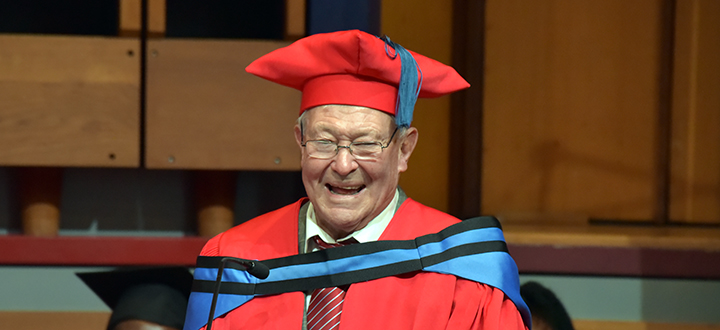 Community champion and agricultural entrepreneur extraordinaire honoured by Unisa
Community champion and agricultural entrepreneur extraordinaire honoured by Unisa
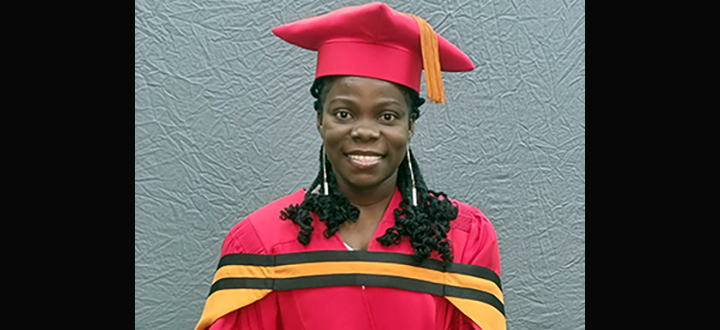 Ghanaian-born Swede earns PhD in Information Sciences from Unisa
Ghanaian-born Swede earns PhD in Information Sciences from Unisa